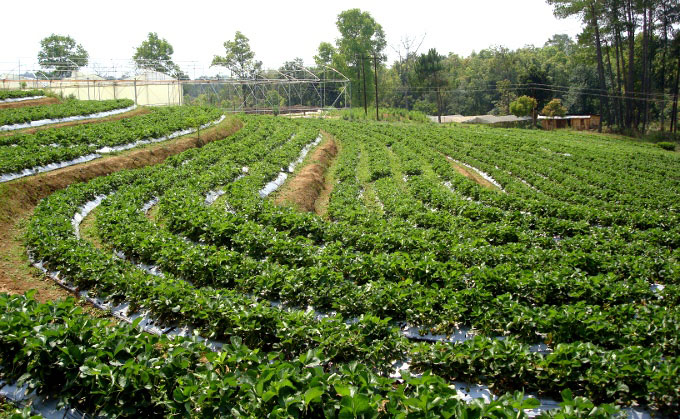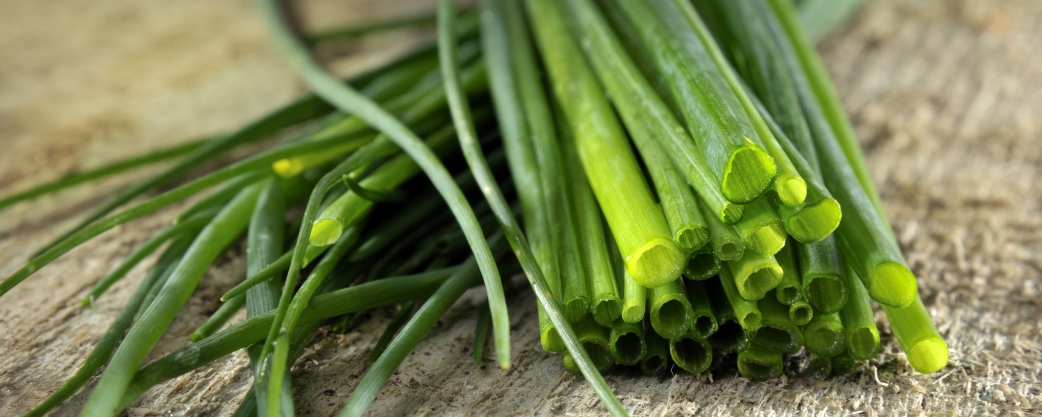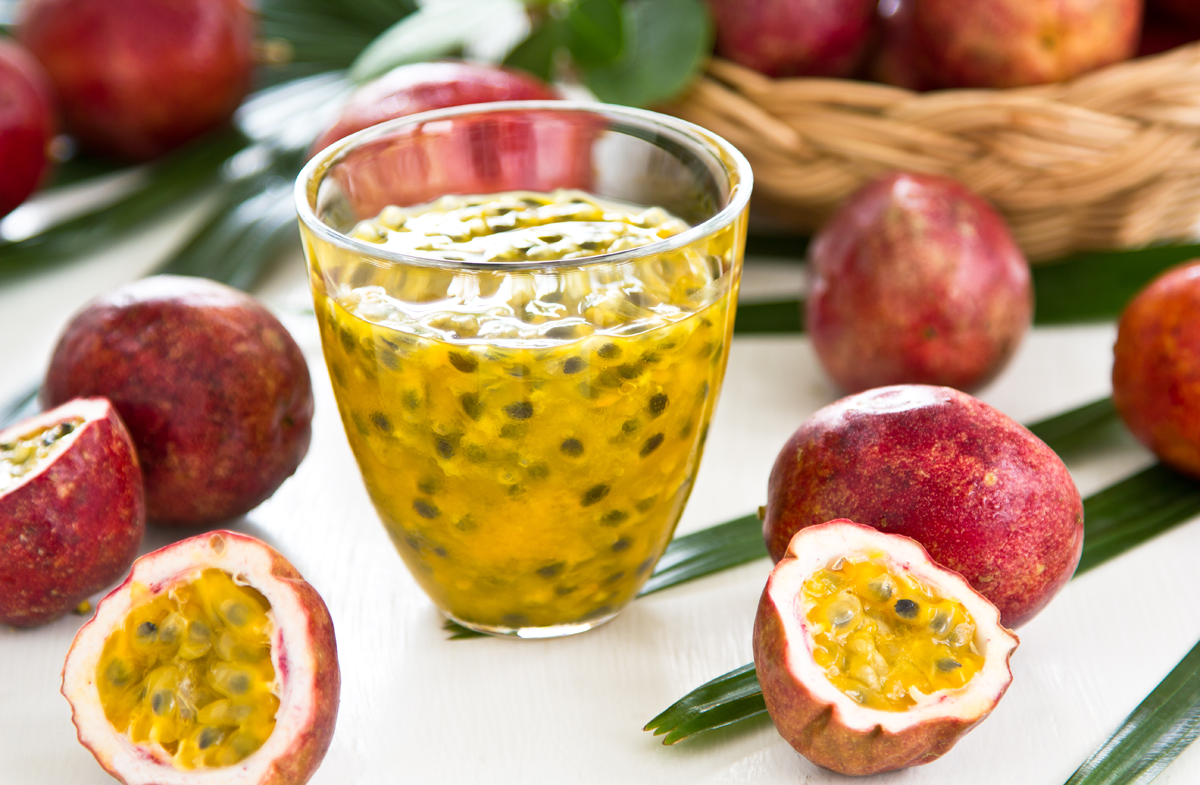At Your Service
There is ever-growing demand for fresh produce in multiple world markets. But even then, only a small percentage of these products are being produced, and even a smaller percentage is being produced right. While this is so, producers’ opportunities to venture into new markets are now heavily tied to ethics, innovation and compliance to a vast and growing number of certifications, besides governments and regulators’ involvement in ensuring that as many of these requirements are complied with, albeit to protect the reputation of their (producing) countries and the safety of the citizenry (target market countries).
At Elmas, in realization of this need, we have and continue to position ourselves to offer an ever growing variety of fresh products, all coming from a verifiable and ever improving system.
We have set ourselves apart by these core values:-
- Diamond Experience: – Because we take time to understand the uniqueness and dynamics of each individual customer, we have made it a culture to put together customer – specific products; everything from what we supply to how we supply.
- Value for Food: – It matters that we are handling food. That’s why we do more than take caution and get certifications. We make the motives behind food safety regulations to be our values. That way, we do everything possible to deliver safe food, simple as that.
- Price Advantage:-We understand how noncompetitive, prices in the market can be. So we worked out a solution that would ultimately enhance our customers’ competitiveness. Tired of price instability in the market? Talk to us.
- Innovative Solutions: – It’s never enough; better is always possible, so we do not have a simple pack and supply loop. Behind the scenes, we are always busy rethinking the process, considering new and better ways to deliver.
It is our belief that with these and the close collaboration with our customer and partners, we will continue to grow in reliability and relevance.
Talk to us today.





